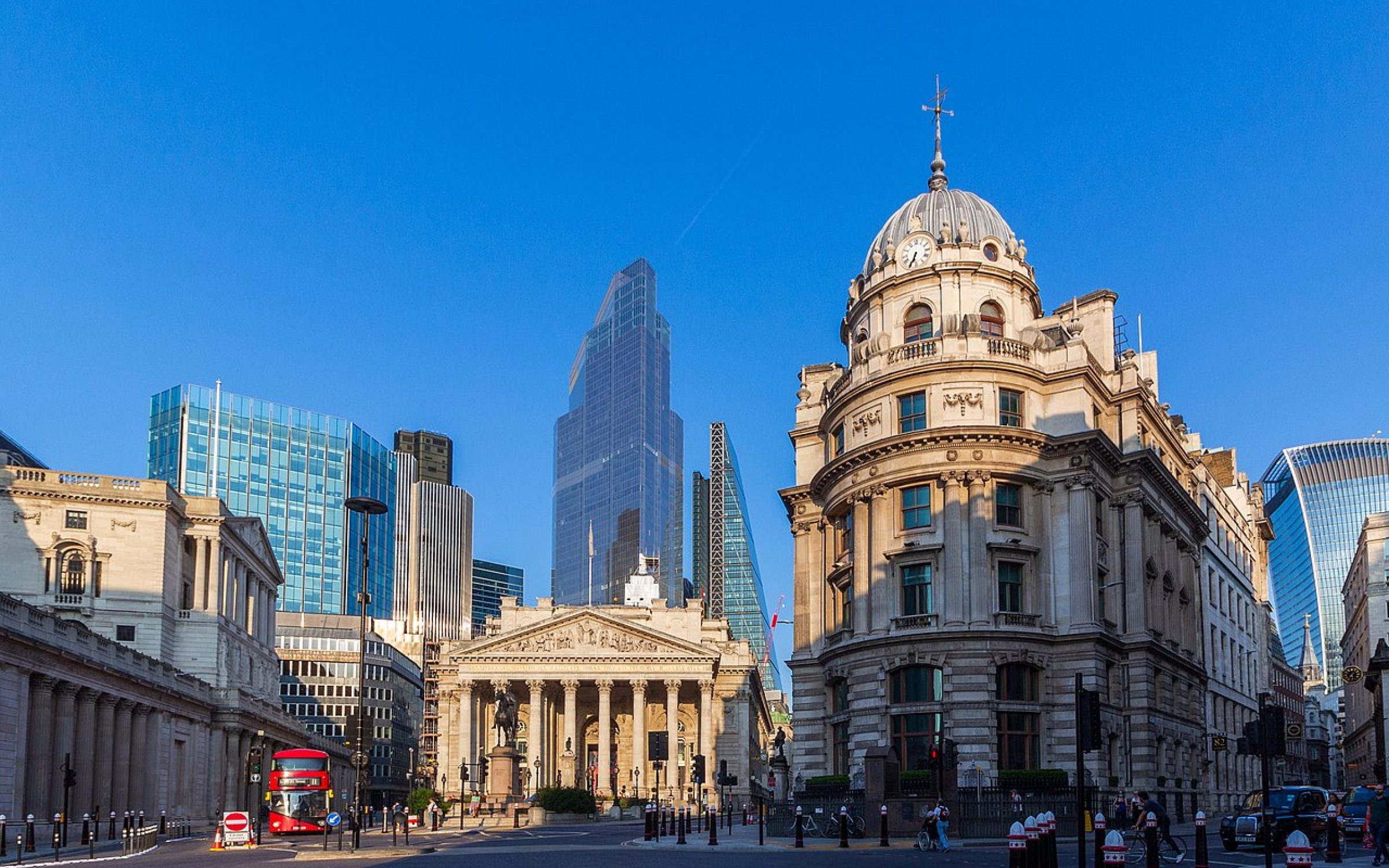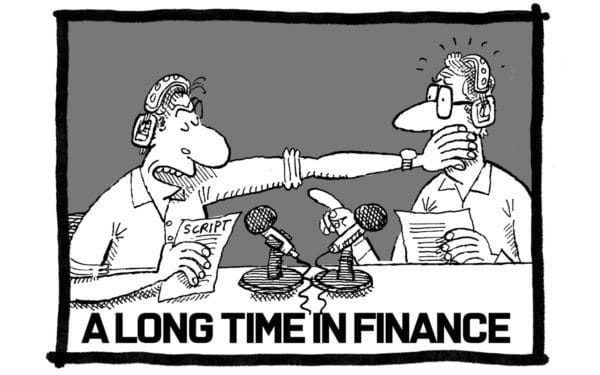UK inflation on the Consumer Prices Index (CPI) measure stood at 10.4% in February 2023, according to data released by the Office for National Statistics (ONS) this morning. Inflation therefore increased from 10.1% in January, marking a divergence in the recent trend of deceleration seen in the prior three months. Consequently, February’s headline reading for annual inflation was higher than both Cebr’s own expectations of 10.0% and consensus expectations of 9.8%. On a monthly basis, the CPI rose by 1.1% in February. Meanwhile, the CPIH (Consumer Prices Index including owner occupiers’ housing costs) measure of inflation also rose, up from 8.8% in January to stand at 9.2% in February.
The main drivers of the unexpected uptick in inflation in February were price increases in the food and non-alcoholic beverages, restaurants and hotels, and clothing and footwear categories. The largest single impact on the increase in CPI inflation seen last month was due to price rises in restaurants and hotels, which rose from 10.8% in January to 12.1% in February this year. Meanwhile, prices within the food and non-alcoholic beverages category rose by 18.0% in the twelve months to February, up on January’s 16.7%, with the rate the highest observed for over 45 years. This will be most troubling for those households on the lowest end of the income spectrum as food costs make up a larger share of total expenditure. Notably, the largest upward impact within this group was due to the price of vegetables, which can be attributed to the recent shortages of produce at supermarkets due to erratic weather in key export countries among other factors.
In terms of contributing to the overall headline rate, housing costs, including utilities, continued to be the primary driver of upward pressure on prices, up by 26.6% in the year to February, due to the sharp rise in energy bills seen throughout 2022. More recently, wholesale energy prices have come down dramatically and have helped improve the outlook for the Chancellor of the Exchequer, Jeremy Hunt, who announced the extension of the Government’s Energy Price Guarantee (EPG) for a further three months last week, as part of his Spring Budget. This extension will avoid the previously forecasted spike in inflation in April, when the policy was due to become less generous. Moreover, falling energy prices mean the average household should see lower costs than the current £2,500 EPG by July, which should place downward pressure on the headline rate of inflation this year.
The latest data show core inflation, which excludes more volatile energy and food prices, was 6.2% in February, up from 5.8% in the month before. This acceleration, alongside the rise in the headline rate, highlights the long path ahead for the Bank of England (BoE) in achieving its target inflation rate of 2.0%. Indeed, monetary policymakers have been focused on trying to prevent second-round inflation effects from occurring beyond the initial shock of high energy and food prices, raising the main bank rate over the past year to 4.0%, the highest rate in 14 years. The longer inflation remains elevated, the more likely expectations will be revised and workers will push for higher wages, which, holding all else equal, could cause new inflationary impacts. On the other hand, recent financial instability in the US and Europe has caused some to call for a halt in interest rate rises. The Bank will need to tread a fine line this week as a decision to abandon rate rises in order to stabilise the financial system could risk inflationary pressure becoming more entrenched in the UK economy. Considering the surprise uptick in the February inflation data and especially the worrying trend in core price pressures, Cebr expects a split Monetary Policy Committee decision resulting in a 25 basis point rise tomorrow at noon.

Benjamin Trevis is an economist at the CEBR.




